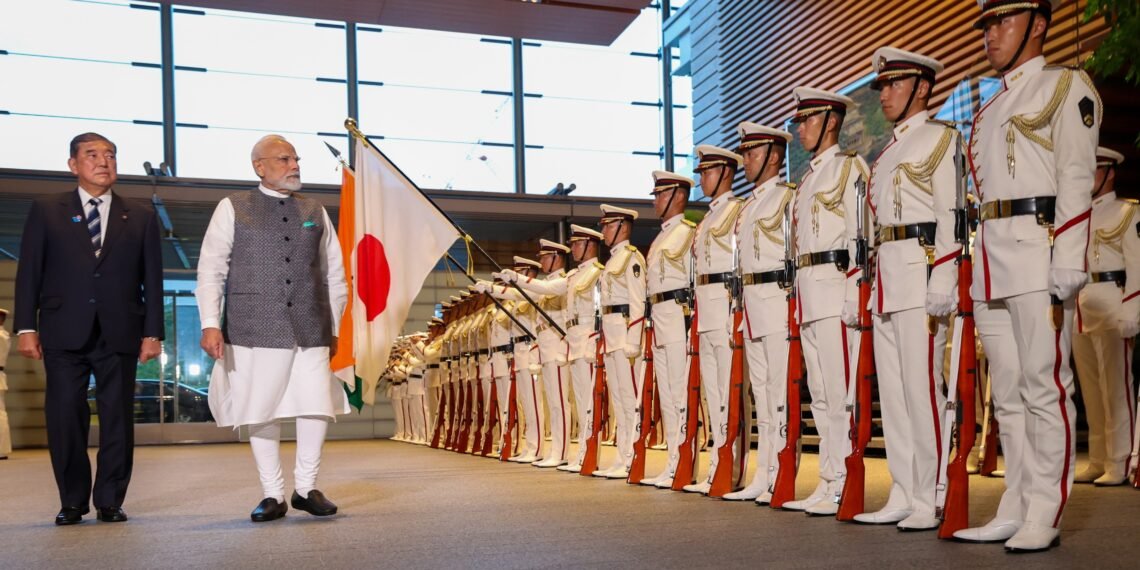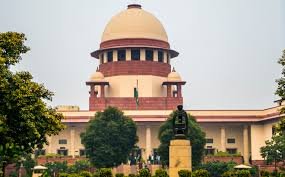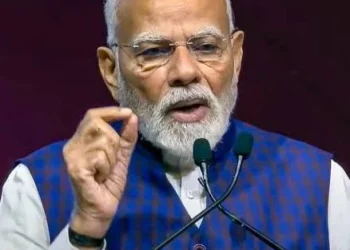In an interview with Yomiuri Shimbun, Modi said India is ready for a long-term approach with China based on mutual respect, interest and sensitivity.
BY PC Bureau
August 29, 2025 — Prime Minister Narendra Modi, during his official visit to Japan, on Friday underlined the importance of stable and improved relations between India and China, calling them essential for the creation of a multipolar Asia and a multipolar world.
In an interview with The Yomiuri Shimbun, one of Japan’s leading newspapers, Modi said that as the two most populous countries and major economic powers, India and China have a special responsibility to foster peace, stability, and prosperity in the world. “Stable and predictable relations between India and China are not only vital for our two nations but also for Asia and the world,” he stated. “Improving bilateral relations is crucial for achieving a truly multipolar world order.”
India–China ties in global context
The remarks come at a time of growing global volatility, with supply chains disrupted, economic growth uneven, and geopolitical rivalries sharpening. Modi said that cooperation between India and China is indispensable for stabilising the global economy. He added that India is ready to adopt a “strategic and long-term approach” to its ties with Beijing, one based on mutual respect, mutual interest, and mutual sensitivity.
PM @narendramodi, in his interview with The Yomiuri Shimbun, said India and Japan will continue to be a force for peace, progress and stability in Asia and the world. He underlined stronger cooperation in defence, semiconductors, space and economic ties, alongside…
— PMO India (@PMOIndia) August 29, 2025
“Both India and China are ancient civilizations with rich traditions. We share borders, we share challenges, and we share opportunities,” Modi said. “It is important that we manage differences and expand cooperation wherever possible.”
SCO Summit on horizon
Modi’s outreach to Beijing is also significant ahead of his scheduled visit to China for the Shanghai Cooperation Organisation (SCO) Summit in Tianjin, where he is expected to meet President Xi Jinping. This will be Modi’s first visit to China in seven years, and it follows their last meeting on the sidelines of the BRICS summit in Kazan, Russia. He noted that since then, relations had shown “steady and positive progress,” but cautioned that both sides must continue to work to reduce mistrust and strengthen dialogue.
Balancing diplomacy with Japan and China
Modi’s comments in Japan highlight India’s effort to pursue a balanced foreign policy in Asia. While deepening strategic ties with Tokyo in areas such as defence, technology, and economic cooperation, New Delhi is also signaling its willingness to engage constructively with Beijing. During his visit, Modi and Japanese Prime Minister Fumio Kishida signed agreements to expand collaboration in clean energy, critical technologies, and regional security.
Analysts say that this dual-track diplomacy — strengthening the India–Japan strategic partnership while keeping channels open with China — reflects India’s larger ambition to position itself as a stabilising force in the region. Modi himself framed it as part of India’s vision for a multipolar world, where no single power dominates and multiple centers of influence ensure global balance.
The China question in India’s foreign policy
Relations between India and China have been strained in recent years, particularly after the 2020 Galwan Valley clashes, which left soldiers dead on both sides and pushed ties to a historic low. Despite ongoing military talks to resolve border tensions, friction has persisted along the Line of Actual Control (LAC). Modi’s remarks in Tokyo are being read as an attempt to de-escalate tensions and to reframe the relationship in terms of shared global responsibilities rather than just bilateral disputes.
READ: Massive Drug Bust in Mizoram: Meth Worth ₹144 Cr Seized
“Stable India–China relations will have a positive impact not only on Asia but on the entire world,” Modi said, stressing that cooperation between the two economies — together representing nearly 3 billion people — could help drive global growth.
Message for multipolarity
By situating India–China relations within the larger debate on multipolarity, Modi underscored India’s long-standing position that global governance cannot remain dominated by a few Western powers. Instead, he argued, the world must reflect the rise of Asia and other regions. “A multipolar Asia is necessary for a multipolar world,” Modi said, adding that both India and China have a central role to play in this transition.
The Prime Minister’s remarks in Japan thus serve two purposes: reinforcing India’s partnership with Tokyo as part of its Indo-Pacific strategy, while also extending an olive branch to Beijing ahead of his China visit. Observers say that how China responds to this outreach will determine whether the world’s two largest developing nations can move past recent hostilities and cooperate in shaping the future of the global order.














